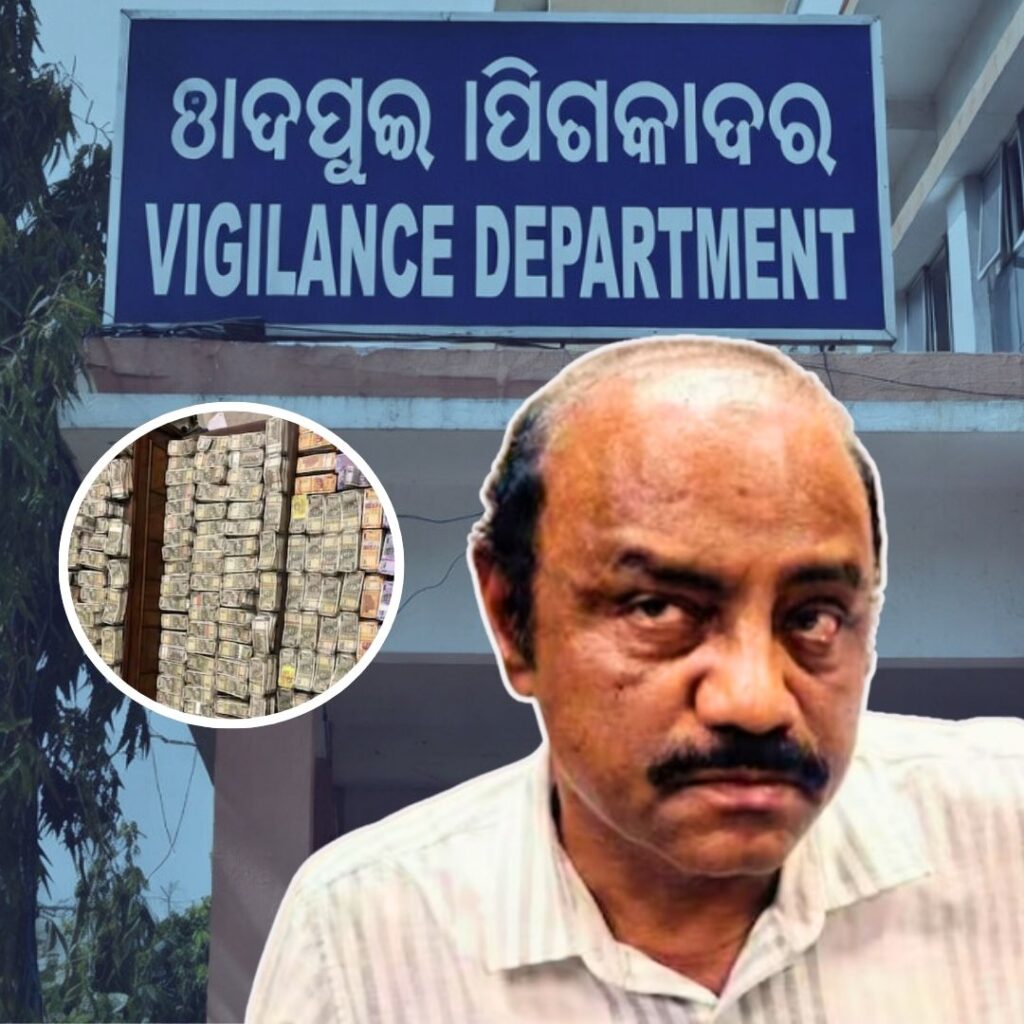India has officially introduced DigiPIN, a next-generation digital address system that replaces the decades-old six-digit PIN code with a precise 10-character alphanumeric identifier for every 4×4 metre square across the country.
Developed by the Department of Posts in collaboration with IIT Hyderabad and ISRO’s National Remote Sensing Centre (NRSC), the system was unveiled on May 27, 2025. The move aims to eliminate the inefficiencies and inaccuracies of the existing addressing system while boosting last-mile connectivity, e-commerce, disaster response, and public service delivery.
Union Minister Dr. Pemmasani Chandra Sekhar called this launch a “giant leap for India’s digital infrastructure,” underscoring DigiPIN’s privacy-first, open-source and interoperable features. Citizens can now access and generate their DigiPINs via official portals and the Mappls app by MapmyIndia, with authorities inviting public feedback until July 31, 2025.
DigiPIN: A New Address for a New India
DigiPIN works by overlaying India’s vast geography into small 4×4 metre grids, each assigned a unique digital address coded using latitude and longitude coordinates. Unlike conventional PIN codes that broadly span towns and districts, DigiPIN provides unparalleled precision—down to the doorway of a home, stall, or roadside vendor.
According to the Department of Posts, this level of granularity will revolutionise everything from postal and food delivery to ambulances accessing hard-to-map slums or hillsides. Speaking on the occasion, Dr. Chandra Sekhar highlighted, “This system brings every citizen onto India’s digital map, regardless of their geographical or economic background.”
The launch included new portals like “Know Your DigiPIN” and an updated “Know Your PIN Code” tool, making it easier for citizens to locate and verify their digital addresses. With MapmyIndia’s Mappls app integration, citizens can access DigiPIN services with just a smartphone or browser, empowering urban and rural areas alike.
How to Check Your DIGIPIN: Step-by-Step Guide
- Open the ‘Know Your DIGIPIN’ Portal:
Visit: Link - Enable Location Access:
Allow your browser or device to access location when prompted for best accuracy. - Consent to Terms:
Agree to privacy policy and terms if requested. - See Your DIGIPIN:
The system will detect your position and show your unique 10-character DIGIPIN on screen. - Manual Entry:
If you’re not at the location, you can enter latitude/longitude to generate a DIGIPIN or enter a DIGIPIN to get its location.
The portal works on both computers and smartphones. For precise results—especially in densely populated or rural areas—use GPS/location services.
From Postal Past to Digital Future: Why It Was Needed
India’s existing six-digit PIN code system has been in place since 15 August 1972, designed for a less-mobile, less-digitised world. As online services grew, including e-commerce, food delivery, and telemedicine, the legacy system showed glaring limitations—especially in unplanned settlements, informal housing, and rural areas where roughly 20–25% of addresses remain unstructured.
To bridge this digital divide, the Department of Posts developed the DigiPIN under the broader DHRUVA (Digital Hub for Reference and Unique Virtual Addresses) framework. The system not only provides address standardisation but connects services like Aadhaar verification, utility billing, and emergency response under a unified geocoded platform.
By making the system open-source, India is also encouraging start-ups, logistics providers, governments, and app developers to adapt and build upon this infrastructure. In a statement, India Post said, “DigiPIN is not merely a location code; it’s a building block for Digital India’s future governance architecture.”
The Logical Indian’s Perspective
At The Logical Indian, we believe that DigiPIN is more than a technological upgrade—it is a powerful equaliser. In a country as vast and diverse as India, where millions lack formal addresses despite having homes, shops or shelters, this initiative is a step toward dignity, visibility and inclusion.
From tribal hamlets in the Northeast to homeless shelters in metro cities, DigiPIN gives everyone a digital identity and a place on the national map. However, the true success of DigiPIN will depend on accessible implementation, data privacy safeguards, and meaningful public consultations.
As we cross this milestone in digital governance, we ask our readers: Will DigiPIN pave the way for a more equitable and connected India, or will barriers of digital access and awareness hold some back? Let us know what you think about this change, and how it might impact your life or community.












